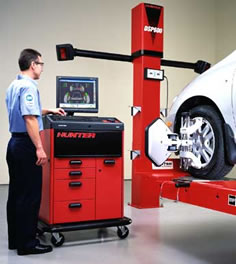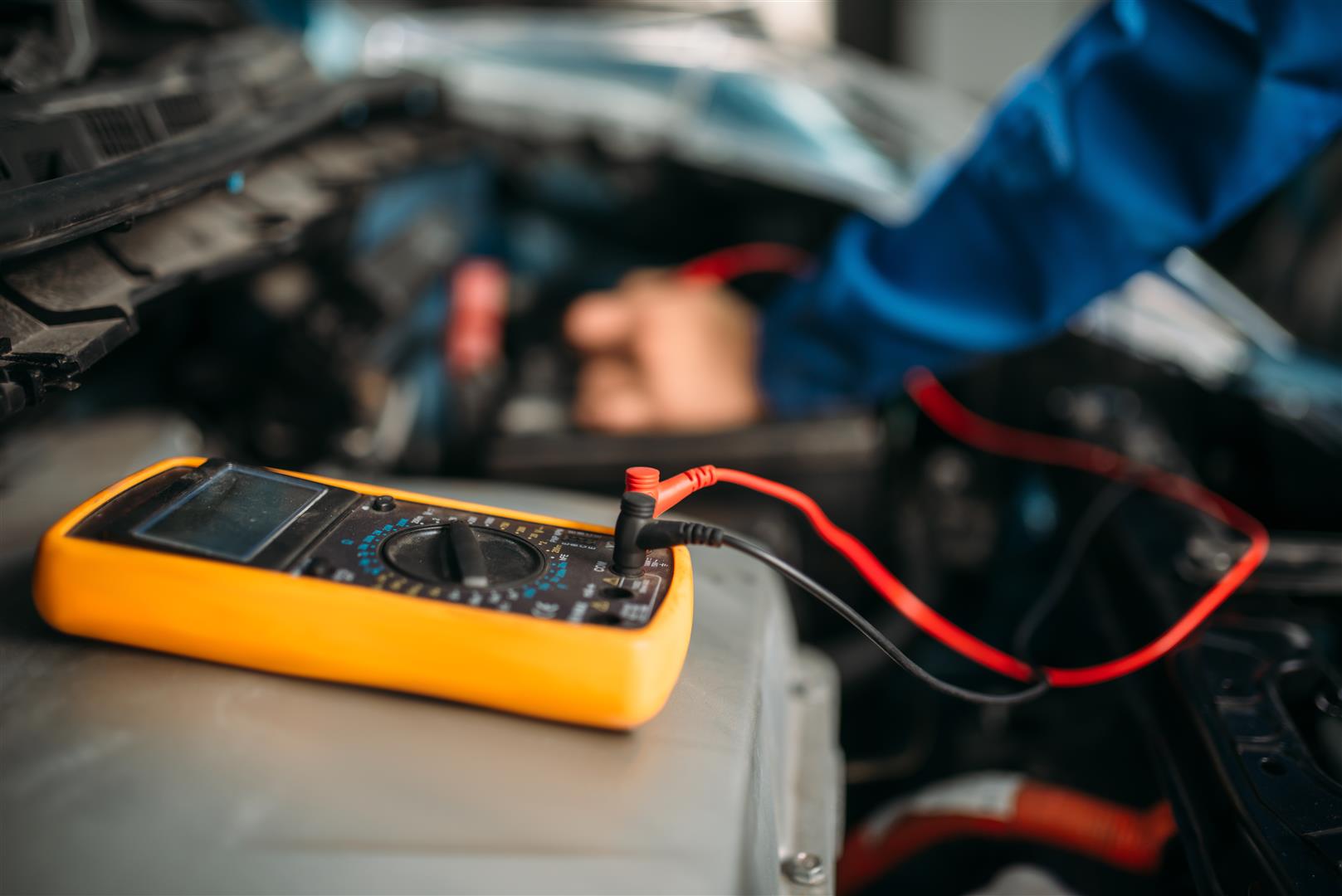Posted on 7/22/2020

When it comes to noticing something is wrong with your car, sometimes all you need is your 5 senses. Well, make that 4 because your sense of taste probably shouldn't come into play! Otherwise, your other 4 senses can tell you a lot. Basically, any time you hear, see, smell or feel anything unusual while you are driving, then it's worth paying closer attention. If the problem persists or gets worse, you should take your vehicle to a professional mechanic for an inspection and diagnosis. Usually if something seems off, there is at least a minor automotive issue to address. In many cases, your senses can detect problems early on, which allows you to get them fixed before they develop into major repairs. Let's look at a few examples, according to the auto repair specialists at Fox Run Auto: Seeing is Believing We depend on our sense of sight more than any other, and there are some automotive p ... read more
Posted on 7/8/2020

Can you believe it's already July? This has been one crazy year and it may get even crazier before we're all said and done. For now, people are trying to enjoy this beautiful summer weather while we can. That means road trips and more driving in the summer heat, which will make your vehicle work a little harder (especially for those of us who haven't been driving as much these past few months). This time of year is always a good one to take care of some necessary automotive maintenance procedures. Here are a few we recommend at Fox Run Auto: Oil Change Even if you haven't put as much mileage on your car this year, the oil can still deteriorate when the car sits around. The change of season is always a good reminder to get your oil changed and keep your vehicle running as well as possible when you need to drive it m ... read more
Posted on 6/17/2020

Wheel alignment is one of those automotive things we tend not to think about until it starts becoming a major problem. The simple fact is that wheel alignment is very important to the overall handling, safety and performance of of your car, and properly aligned wheels can help prevent other issues that will cost you time and money to repair. Fox Run Auto has identified these 5 key benefits of proper wheel alignment: 1. It Keeps Your Tires Lasting Longer Keeping your wheels in good alignment (along with a regular routine of rotating your tires) will make sure they last as long as possible. If your wheels are out of alignment, the tire treads will wear out unevenly and usually more rapidly. Buying new tires can be a pain, so getting your wheels realigned period ... read more
Posted on 3/4/2020

The fuel pump is an essential component of any vehicle that burns gasoline or diesel fuel for power. It controls the flow of fuel from the gas tank to the engine, allowing the car to accelerate as desired. If your fuel pump or another part of your fuel system starts to fail, you will likely notice some issues. Fox Run Auto has identified these 8 common problems associated with fuel pump failure. At the first sign of fuel system issues, you will want to bring your vehicle into a professional mechanic for proper diagnosis and repairs. 1. Car Won't Start This could be any number of things like a dead battery, weak spark plugs, empty fuel tank, damaged alternator or an internal engine problem. It could also be a sign of fuel system failure. A good auto shop will be able to determine the source of the issue and recommend the necessary repairs. 2. Sputtering Engine A sputtering engine ... read more
Posted on 12/18/2019

It can be a sinking feeling when you get in your car in the morning and it is struggling to start. This becomes more and more common during the cold winter months, and in most cases it's an issue with the battery itself. Freezing temperatures put a lot of extra strain on the battery and cause it to drain faster. Therefore, it's important to do everything you can to keep your car battery healthy this winter season. Here are a few winter car battery care tips from the auto repair specialists at Fox Run Auto in Bear, DE: 1. Park in Warmer Places When you are leaving your car parked for any extended period of time (especially) overnight, try to keep it out of the snow, rain and wind whenever you can. Not everybody has a garage or covered parking space, but try to find a place where the vehicle isn't fully exposed to the elements. This will help preserve battery life, even if just a little ... read more